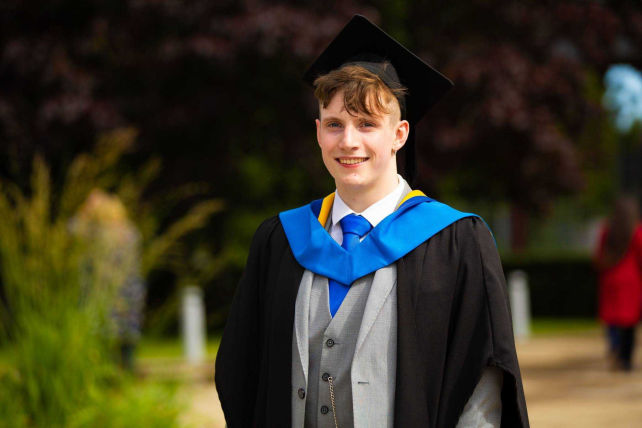Background: Digital communication is undeniably one of the most captivating courses in the realm of engineering physics. It serves as a convergence point for a multitude of disciplines, encompassing essential elements like electronics introduction, electromagnetic wave theory, signal processing, and communication protocols. Consequently, it has found its place in the curriculum of numerous colleges. Yet, the intricate technical intricacies intrinsic to digital communication often pose a challenge. These concepts, while fascinating, can become abstract and elusive without proper hands-on demonstrations. Regrettably, this can lead to a decline in students' interest and engagement with the subject matter. Efforts to bridge this gap and make digital communication more accessible and engaging are crucial. By enhancing the practical, demonstrative aspects of the course, we can rekindle students' enthusiasm and provide them with a more tangible understanding of this multifaceted domain.
Astronomy is a discipline that appeals to students from diverse backgrounds, irrespective of their gender, ethnicity, or socio-economic status. For instance, a recent investigation by Richards & Kelly (2023) utilized logistic regression to analyze a large and diverse group of students (N=1909) in a suburban community college and concluded that "...the [astronomy] course is a potential gateway for diversifying science, technology, engineering, and mathematics access." Exploring the possibility of extraterrestrial life is an enthralling aspect of astronomy that resonates deeply with students. Modern-day Search for Extraterrestrial Intelligence (SETI) efforts utilize cutting-edge technology to search for signals from our cosmic neighbors. Teaching digital communication and signal processing within the context of SETI allows students to remain engaged and grasp important concepts more easily.
Why You?
In light of this initiative, we are actively shaping a comprehensive 12-week curriculum that delves into the multifaceted realm of digital communication, set against the captivating backdrop of SETI and the powerful tool of GNU Radio. Our website hosts a sample curriculum that showcases the richness and depth of our course. As you explore it, you'll notice that our syllabus comprehensively covers the fundamental aspects of the field, augmented by hands-on lab work.
If you're among the dedicated educators guiding students through courses like digital communication, introduction to electronics, signal processing, or any related subject, our endeavor aligns perfectly with your teaching objectives. We offer you a ready-made resource, complete with meticulously prepared materials and coursework modules. These resources are thoughtfully designed to seamlessly integrate into your teaching, allowing you to bring a unique and captivating dimension to your courses. Your students will not only benefit from enhanced engagement but also gain a practical understanding of digital communication that extends far beyond theoretical concepts.
What do we offer?
We're committed to ensuring that your teaching experience is as seamless and enriching as possible. To this end, we offer comprehensive support that includes tailored lab work and meticulously crafted slide decks for your course. Our resources are designed to simplify the teaching of complex topics while immersing your students in the captivating theme of the Search for Extraterrestrial Intelligence (SETI).
Additionally, we are the proud recipients of a generous grant from the Amateur Radio and Digital Communication Foundation, which provides us with the necessary funding to pilot these programs at a select group of community colleges. This financial support allows us to offer you cutting-edge educational materials and resources.
As a special highlight, we'll be hosting a four-day workshop at the picturesque Allen Telescope Array site located in Northern California. For a select group of six instructors, this presents an unparalleled opportunity for hands-on experience with GNU Radio, a powerful tool in the world of digital communication. We are delighted to announce that we will provide stipends, cover return journey expenses, and offer free accommodation for the chosen participants during this workshop. It's an immersive experience that promises to enhance your teaching methods and expose you to the latest advancements in the field.
How Can You Participate?
If you're eager to leverage this course and are interested in the invaluable experience of visiting the Allen Telescope Array to delve deeper into GNU Radio concepts, we invite you to complete the following form to become part of our email chain. By doing so, you'll stay informed about upcoming developments and receive more detailed announcements through our dedicated email list.
Please visit our website: www.arise.seti.org

